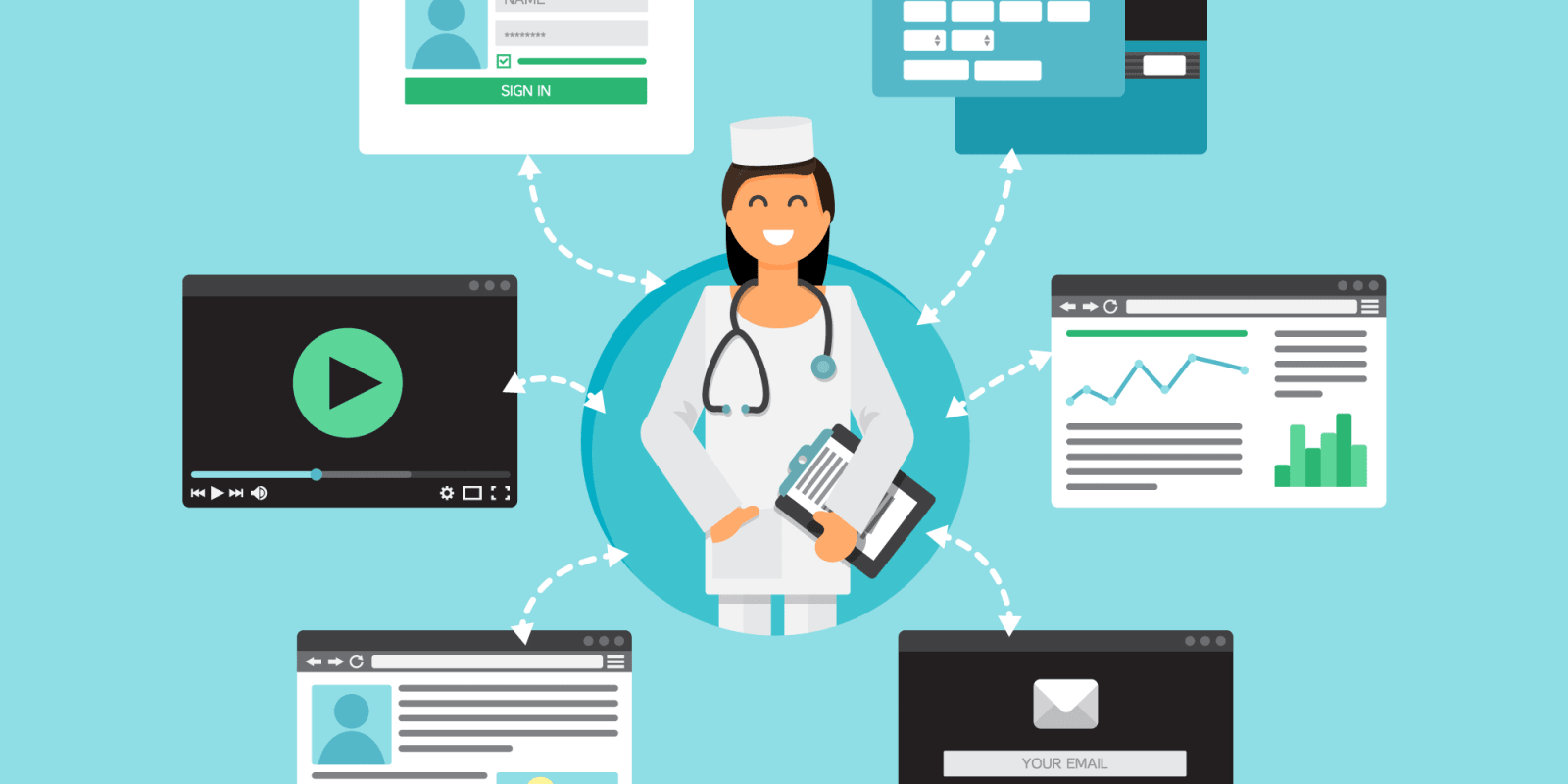
For most people, most of the time, social media is a waste of time.
It's a big, black hole, a time sink, designed principally to capture your personal data, and then, with limited value to you, figure out creative ways to monetize that data.
This applies even more to physicians since as higher-end consumers their personal data, such as spending habits or travel plans, is even more valuable to social media platforms.
However, there is one exception to the "social media is a waste of time" rule: people with a crystal clarity of purpose. People on a mission.
For these types of mission-driven people, social media is manna from heaven. Why? Because it is a tool which allows you to both listen and speak to the world (your world, as defined by your mission) with a trivial investment of time, money, and energy.
Think about it. You have access to platforms such as Facebook, Twitter, and YouTube, which have multibillion-dollar infrastructures, all designed to link you, your mission, and your message to anyone who wants to hear it. These platforms are mobile-friendly and easy-to-use, provided you are willing to put in just a little time to understand their specific tools and cultures.
Don't believe me? Take a look at Bill Gates Twitter account: @BillGates. Why do you think Bill Gates is on Twitter and, the last I checked, tweeting about six times a week?
It's because it supports his Foundation's mission:
"Guided by the belief that every life has equal value, the Bill & Melinda Gates Foundation works to help all people lead healthy, productive lives." (For more information about the philosophy behind the Bill and Melinda Gates Foundation, read Who we Are: Letter From Bill and Melinda Gates.)
And for those of you saying, "Well, he is Bill Gates, he can afford to be on Twitter," consider this: Bill Gates isn't on Twitter because he is successful, Bill Gates is Bill Gates because he can recognize tools, like Twitter, that support his missions. In other words, Bill Gates isn't the type of guy who is going to turn away from someone giving him a free multibillion-dollar communication tool for him to reach out to the world!
He's not going to let some meme, like "social media is a waste of time" or "Twitter is for kids" prevent him from working toward his mission.
So, as a physician, should you be on social media? I get asked this frequently, and my answer is a simple question: Can you show me your written personal mission statement?
If you can, it means you have spent the deep thinking time necessary to craft a personal mission statement, which usually implies you have clarity of your purpose.
For you mission-driven people, it's highly likely that some form of social media will help you achieve your goals and purpose, and selecting which platform(s) to be on is mostly a tactical question. (As an aside, for most mission-driven physicians, Twitter is a good starting point.)
If you don't have a written personal mission statement, then I would usually recommend that as a physician you should avoid social media. Instead take time clarifying the deep questions about your career. What are you most passionate about, what are your abilities, what can you offer the world (your world), and how you would like to monetize these things.
So, if your mission is clear, spend time learning social media; if your mission is vague, spend time clarifying your mission.
Dr. Matthew Rehrl is a physician who has served in a C-Suite advisory role on social media within healthcare for over a decade. His current focus is the ethics of AI in healthcare. He reports no conflict of interest. He is a 2018–19 Doximity Author. He can be found on matthewrehrl.com and @matthewrehrl.







